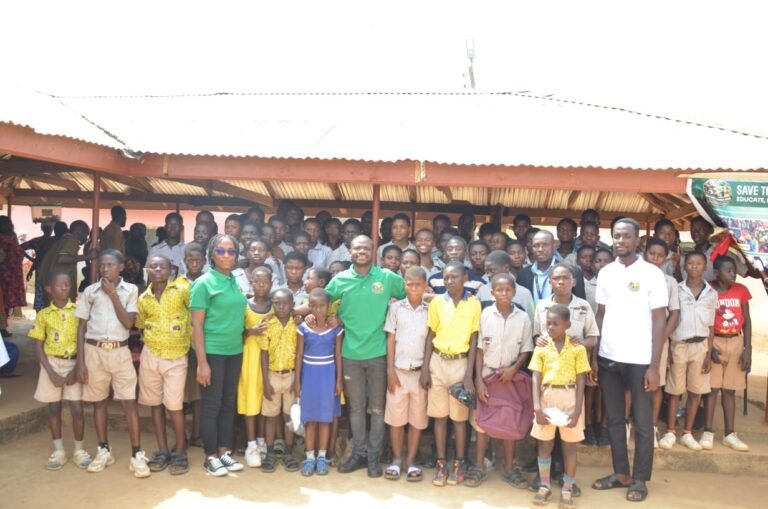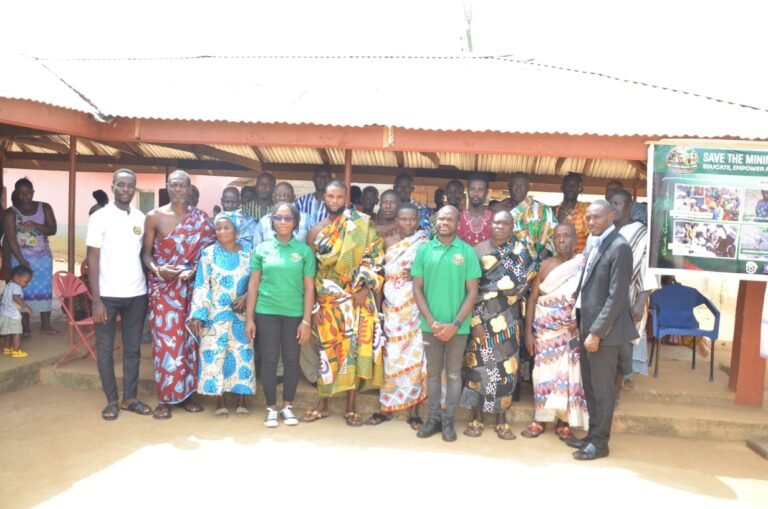
The government, through the Ministry of Fisheries and Aquaculture Development, has launched the “Aquaculture for Food and Jobs” initiative, a nationwide project aimed at boosting food production and creating employment opportunities.
The initiative focuses on utilising small dams and reservoirs across the country for fish farming, with a dual objective of ensuring food security and generating jobs, particularly for the youth. It has already begun in the Gomoa-Central in the Central Region, and is now being expanded to other parts of the country, including the Northern Region, where its potential impact is expected to be substantial.
Gov’t commitment
Speaking during the launch at Zakpalsi in the Mion constituency of the Northern Region, the Member of Parliament for the Mion Constituency and Deputy Minister of Fisheries and Aquaculture, Musah Abdul Aziz-Ayaba, emphasised the government’s determination to provide sustainable employment for the youth through aquaculture.
He indicated that the initiative was aligned with the government’s broader agenda to alleviate poverty and boost economic activity, particularly in rural communities.
“The aim of this initiative is to create employment avenues for a lot of people, particularly the youth. By so doing, we will be able to alleviate poverty and promote economic activities with the five northern regions in the country,” he noted.
The Mion lawmaker further called on his constituents and residents of the five northern regions to fully embrace the opportunity provided by the programme. He said the initiative would not only create jobs, but also ensure food security by increasing the availability of fish, a critical source of protein, in the region.
Improving livelihoods
He added that programme’s implementation would go a long way in improving livelihoods and enhancing local economies. “The government is committed to ensuring that young people, especially in rural areas, benefit from this initiative. It is an opportunity that we must not miss,” he stated.
The Deputy Minister further reiterated that aquaculture, through the effective use of small dams and reservoirs, could transform the agricultural landscape in the north and other parts of the country.
He urged the youth and all stakeholders to collaborate with the Ministry of Fisheries and Aquaculture Development to ensure the success of the initiative.
“I must say the Aquaculture for Food and Jobs programme is one of the government’s flagship initiatives designed to address unemployment and food insecurity, with a special focus on regions such as ours that have significant potential for aquaculture development,” he added.
 Aquaculture
Aquaculture
In 2022, Ghana’s fish requirement stood at 1.31 million metric tonnes, while domestic production was only 657,000 tonnes. This shortfall necessitated the importation of 650,000 tonnes of fish, costing US$311 million.
The Aquaculture for Food and Jobs Programme aims to bridge this gap by boosting local fish production, thereby reducing dependence on imports, conserving foreign exchange, and ensuring the availability of fresh, domestically-produced fish
The programme’s impact extends beyond increasing fish production. It is poised to transform lives by creating thousands of jobs, particularly for the youth and women. The initiative will provide training and support to aspiring fish farmers, equipping them with the skills and resources necessary for success.
It will also foster a network of fish farms across the country, enhancing Ghana’s capacity to meet the growing demand for fish and stimulating the development of related industries such as fish feed production, processing, and marketing.





